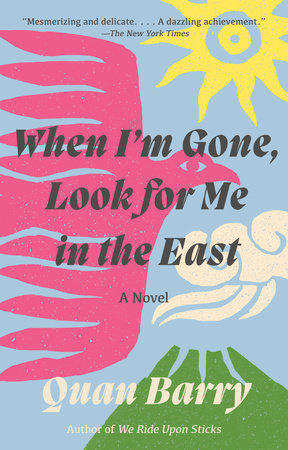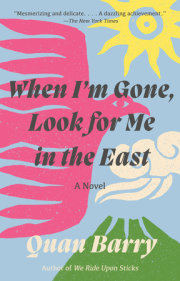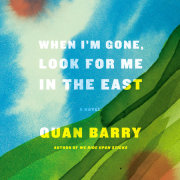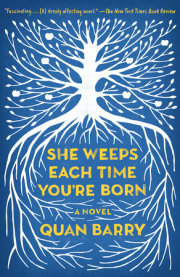Listen Without Distraction
Outside the post office in Bor-Urt, a handful of men clump around a pool table, its felt top sun-ravaged and mangy, the men’s faces weathered from living in a world without trees. When I step outside they stare, each man a finger in a fist, and the one slumped in the ratty camping chair at the head of the table is the thumb. I glance at the digital watch the Rinpoche hands me last night, its plastic band already cracked, the thing used. I know it is a necessity, that I must have it for the places I am to journey to in my search that must not fail. Nevertheless I feel like one of the wild horses foreign researchers shoot down with arrow guns, the animal succumbing so that the researcher can fix the radio collar around its neck, the collar eventually becoming a part of the body. After just a few hours in the July light, the skin around my wrist is already somewhat paler than the rest of me, though like the planets and the summer sun, nothing is permanent.
It is ten in the morning. The main road through Bor-Urt periodically billows with dust as a breeze blows through town. The men stare at me and then look away. Someone spits in the dirt. Hidden in the folds of my robe there is a bag filled with more
tögrög than they can earn in six months or even a year if the winter is harsh. Normally they would be out on the grasslands, out watching their flocks or herding them in for one of the two daily milkings, but today they drive the many kilometers into Bor-Urt on their motorbikes to bring their wives in to do the shopping. The men huddle idly around the table as men often do as they wait for women. Men with time on their hands, looking to establish their status among their kind.
I step out of the post office, and their faces fall. I am not what they want. I am a novice of the Yatuugiin Gol monastery, a monk who lives in the shadow of the sleeping volcano. As it is mid-morning, the mail truck I am to ride to Ulaanbaatar on the first stage of my journey is not scheduled to arrive for hours. Thirteen hundred years ago Shantideva tells us the only source of happiness in the universe is the cherishing of the other. Silently I approach the table and nod.
Brother, booms the one enthroned in the camping chair. He is sitting with his legs spread wide, a toothpick in his fingers as he works at his teeth. Something in the lackadaisical arrangement of his limbs reminds me of Mun, Mun’s long black hair often loose like a horse’s mane. I only play for money, the man says.
A good policy, I say. I lay ₮2,000 on the table.
Ten minutes later and I can tell the others do not know who to root for—the one who sits outside the post office each day looking to deprive the local herdsmen of their money or me, a young monk from Yatuu Gol in his simple red robe. My body wavers like a flame in the summer heat. On the faded table the balls roll and crack like stars.
Copyright © 2022 by Quan Barry. All rights reserved. No part of this excerpt may be reproduced or reprinted without permission in writing from the publisher.








